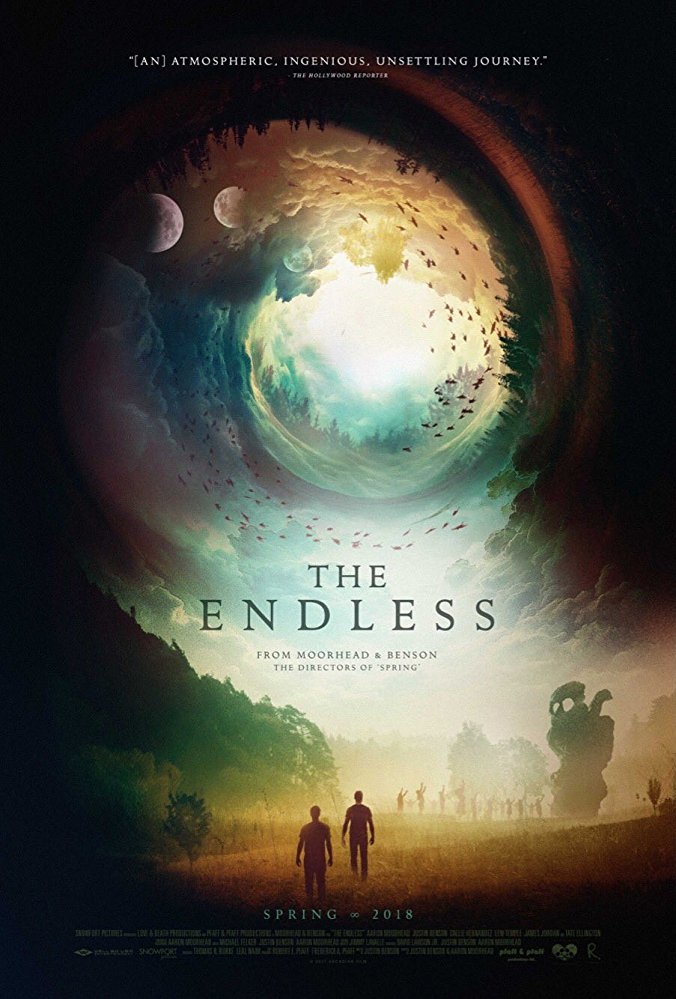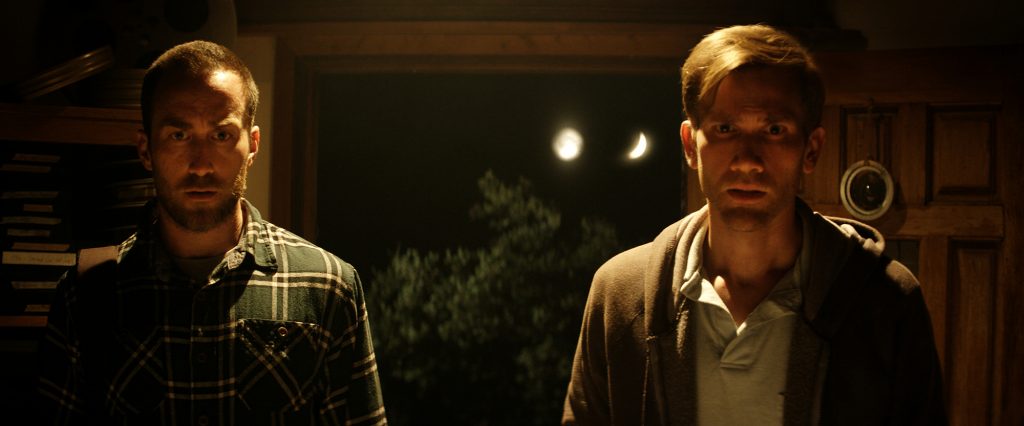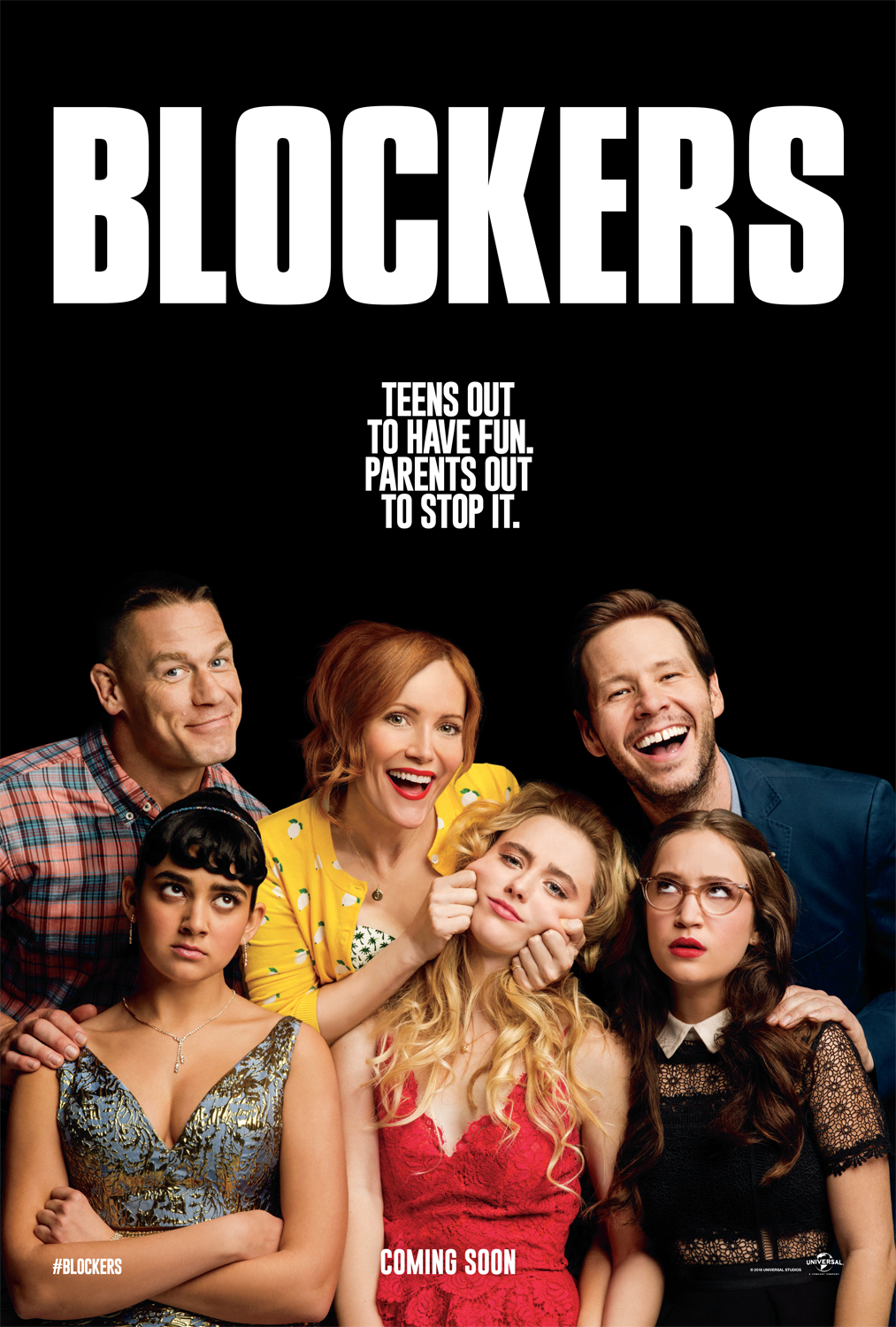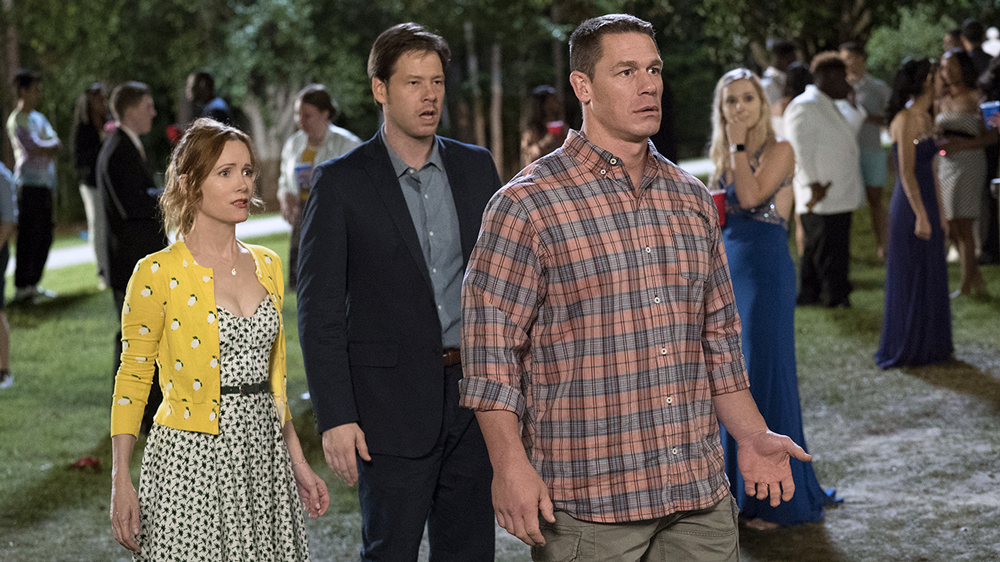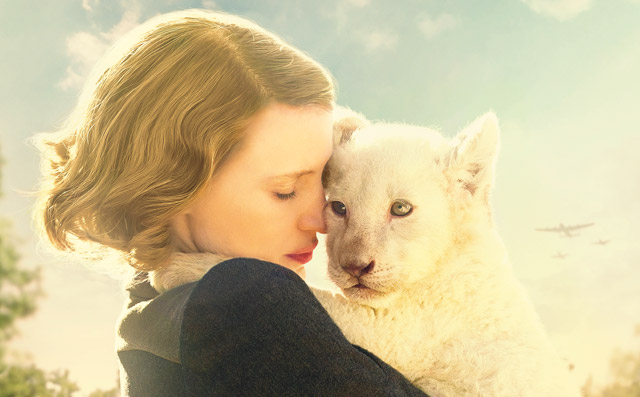THE ENDLESS (2018)
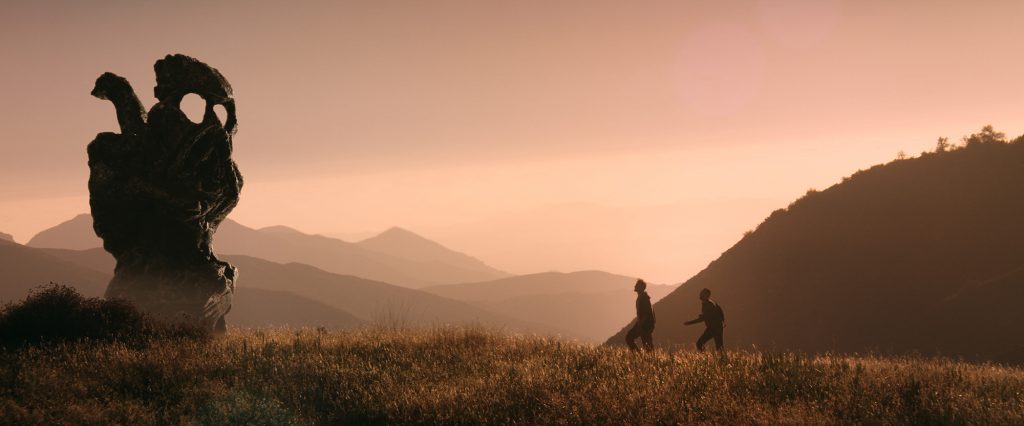
1 Hour and 51 Minutes (Not Rated)
Aaron Moorhead and Justin Benson – who serve as directors, writer, cinematographer, and stars – of The Endless, seem like the kind of guys you would see sitting at a bar debating deep science fiction concepts over a beer. Much like Shane Carruth, these guys are incredibly smart and talented, but dedicated to telling their stories in a particular way (one that would definitely not go over well in the big studio world). Their last effort, Spring, was a romance horror mash-up that was thoroughly thought-provoking and at all times beautiful. In that film they employed great restraint in keeping the horror elements just on the periphery of the sci-fi rom-com, and in The Endless they have once again used that skill to great effect.
The Endless is the story of two brothers, Justin and Aaron Smith (Justin Benson and Aaron Moorhead) who grew up in a “UFO Death Cult” but escaped in what seems to be their late teen years. Ten years later, Aaron receives a taped goodbye message from their cultist family and it triggers his already strong PTSD and conflicted feelings about Justin leading them to escape. After much debate, Justin reluctantly agrees to return to the cult for a visit, and that’s when things start getting really weird.
It’s impossible to say much about The Endless‘ story without spoiling a wonderful experience. When the brothers do arrive at Camp Arcadia (clearly deriving its name from the utopian symbol of pastoral simplicity), they find cult leader Hal (Tate Ellington) and the rest of the members to look almost exactly as they had when the brothers left 10 years prior. This strange phenomena is the least of the odd occurrences that begin to take place, but begins to shape the brothers’ diverging reactions to what is going on. Aaron is open to hearing what Hal has to say and approaches the visit from a place of faith and trust. Justin, on the contrary, is extremely cynical and full of doubt, constantly trying to rationalize the unexplained things they see and hear. The film progresses in a way that is increasingly trippy and reminiscent of Lost. The horror elements callback to the Cthulu mythos and cultists worshiping the Elder Gods. Where Benson and Moorhead succeed in creating something unique, though, is that aforementioned restraint. The camera tricks, the cinematography, and the score do all the heavy lifting. Instead of seeing monsters, it’s what we don’t see that has us on edge. And the general likability of the cult presents a scenario where we’re not even always sure what out come to root for.
Despite the high concept sci-fi horror of the story, at its heart is a tale of brotherhood. Two men struggling to cope with what life has dealt them, learning to forgive and trust, and ultimately having to choose a reality that is best for them. Justin and Aaron not only do a fantastic work with the direction, script, and technical elements, but their acting is engaging and fully believable. Their a quiet vulnerability in their interactions that likely is the result of years of close friendship and they carry the film’s emotional weight well.
As is often the case with high concept films, explanations can tend to derail some of the more mysterious portions of a story. There is definitely a period in the middle of the film where some exposition feels a little bit too long and convoluted, making for a slightly longer than necessary runtime and an unfortunate dip in the suspense. Still, that doesn’t derail the enjoyment and fascination of watching The Endless play out at all, and it’s evident that Benson and Moorhead have a masterpiece lurking within them just waiting to come out.
VERDICT
The Endless opens with this quote from author H.P. Lovecraft: “The oldest and strongest emotion of mankind is fear, and the oldest and strongest kind of fear is the fear of the Unknown.” Benson and Moorhead capture this sense of fear generated from the unknown perfectly. The creepy cult and strange happening around Camp Arcadia are a unique backdrop to explore both their big sci-fi ideas and more grounded story of brotherhood. The Endless is unlike other movies being made, and though it’s not quite the masterpiece Benson and Moorhead clearly have in them, the passion that went into this unique and intriguing film shows. It absolutely should not be missed and with so much to unpack it will no doubt be even richer with subsequent viewings.
Rating:
 Aaron White is a Seattle-based film critic and co-creator/co-host of the Feelin’ Film Podcast. He is also a member of the Seattle Film Critics Society. He writes reviews with a focus on how his expectations influenced his experience. Follow him on Facebook and Twitter to be notified when new content is posted.
Aaron White is a Seattle-based film critic and co-creator/co-host of the Feelin’ Film Podcast. He is also a member of the Seattle Film Critics Society. He writes reviews with a focus on how his expectations influenced his experience. Follow him on Facebook and Twitter to be notified when new content is posted.

